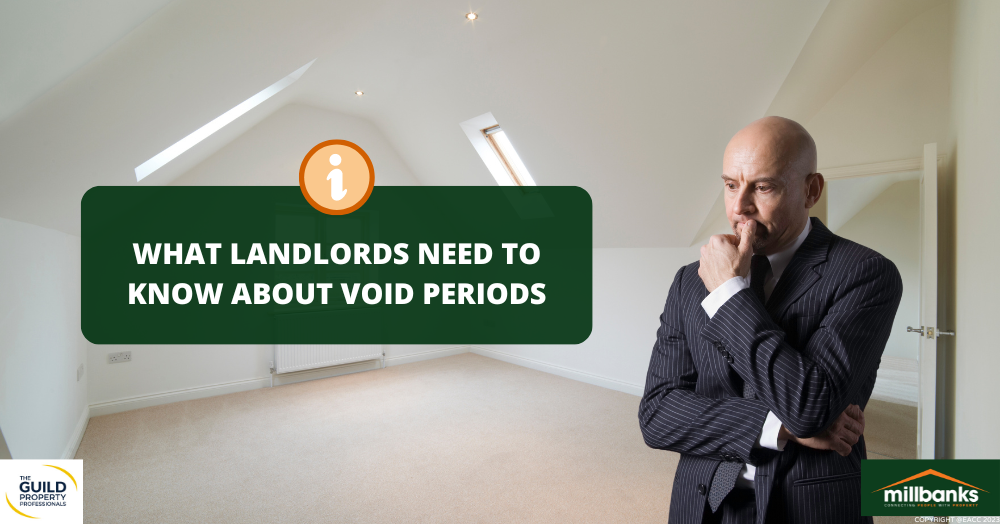

Get in touch with us
This visual snapshot reveals how property values rarely move in unison. Some streets surge ahead, others advance more quietly, each following its own rhythm. It’s a reminder that markets are made of micro stories, where proximity alone doesn’t guarantee the same outcome.
If you want to move in 2026, positioning yourself as a serious buyer is essential. Here’s how to put yourself ahead of the competition and be taken seriously by sellers.
With plans announced to raise the council tax surcharge on higher-value homes, this snapshot looks at how many £2m-plus properties have actually sold across the UK this year. The data shows a highly concentrated market, dominated by London, and reveals just how small this sector is nationally despite the noise around a “mansion tax.”
Property Viewings begin at this Property's Launch Event on Saturday 3rd January 2026. A character-filled detached clay lump period bungalow offering a superb project for imaginative buyers. With generous rooms, distinctive features and plenty of potential, this is a great opportunity!